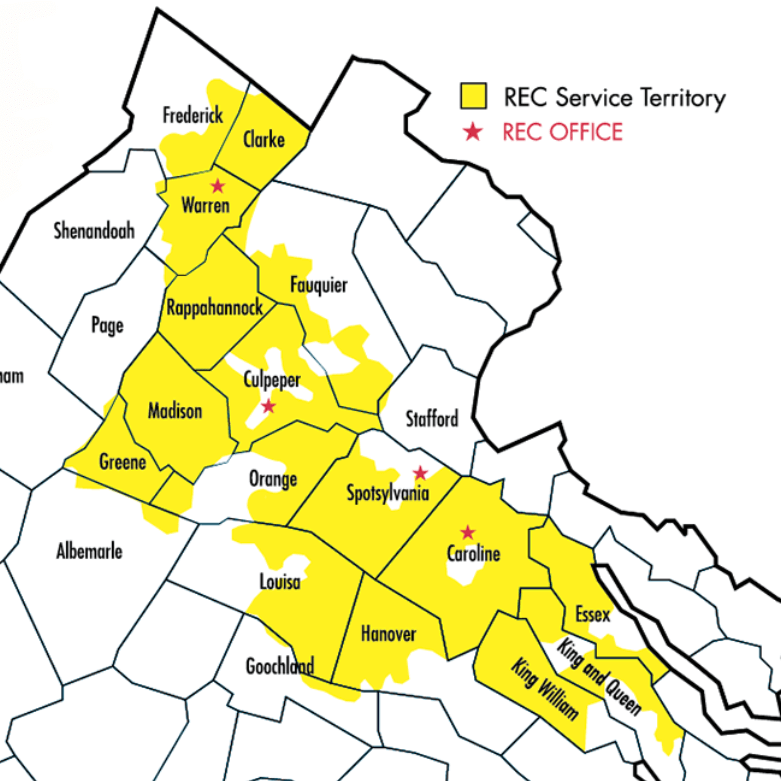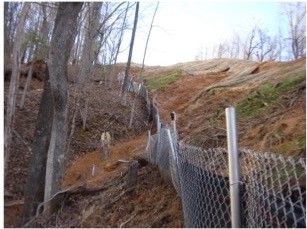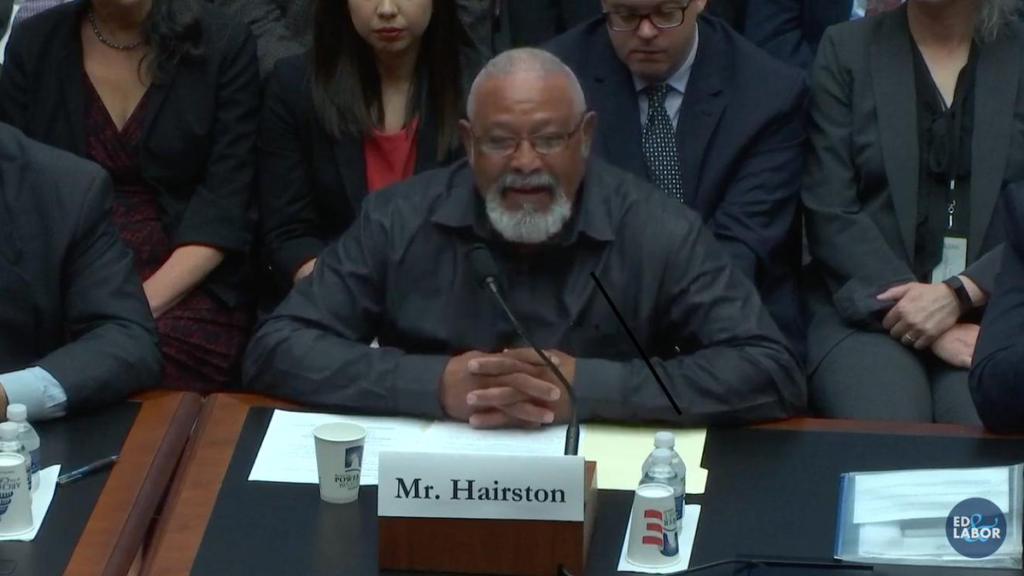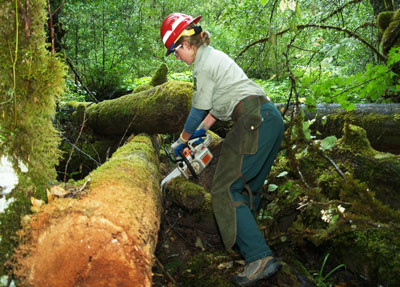Cleaning Up Coal Ash
For well over a century, power plants across the country have burned coal to generate electricity. And for just as long, leftover coal ash has been dumped in open, unlined pits near the power plant, usually located on a river or lake. Every year, U.S. power plants produce 130 million tons of coal ash, which is the second largest waste stream in the country after municipal garbage.
Coal ash concentrates the toxic heavy metals found in coal, including arsenic, mercury, lead and selenium. Stored in unlined, wet impoundments, coal ash has been leaking these toxics into our groundwater and surface waters for years. Sometimes these impoundments collapse — with disastrous results.
Yet government regulations for coal ash management are either non-existent or sparse, and there is little enforcement of the regulations that do exist. In North Carolina, this lack of oversight — and the complicity between state regulators, elected officials and Duke Energy — came to a boiling point in February 2014 when one of Duke’s coal ash impoundments spilled 39 million tons of ash into the Dan River.
Citizens living near North Carolina’s 33 coal ash impoundments — all of which have leaked — have fought for transparency from Duke and the state, and for cleanup of the pollution that threatens their property value, health and family. Their actions forced this issue into the headlines of news networks and to the forefront of environmental justice conversations in the United States.
Appalachian Voices stood with these communities as we worked for years to compel Duke Energy and the N.C. Department of Environmental Quality to excavate coal ash from all the North Carolina sites and dispose of it either in lined, dry landfills, away from waterways, or by recycling it for concrete or other uses, provided it’s done in a manner that protects public health and the environment.
On Jan. 2, 2020, North Carolina announced a historic settlement with one of the state’s most powerful corporations and polluters, Duke Energy. The settlement requires Duke to move nearly 80 million tons of toxic coal ash at six of its power plants to properly lined landfills onsite or recycle it.

Learn information about specific coal ash impoundments in the South, including health threats and safety ratings:
Additional Resources
Fact sheets, videos, links to academic research, and more
Sign Up to Act
Help us protect the health of our communities and waterways.
Latest News
Customer-owned utilities should be leaders on clean energy. Why do most of them fail to deliver?
Clean energy expert Ivy Main looks at how a lack of transparency and democracy at many Virginia electric cooperatives is causing them to fall behind on renewable energy. Member-owners at Rappahannock Electric Cooperative are trying to change that.
Mountain Valley Pipeline soils all in its path
Trained citizen monitors in Va. and W.Va. have documented hundreds of violations and possible violations from construction along the Mountain Valley Pipeline. They continue calling for an immediate stop-work order from regulators.
Va regulators warns of higher bills wtih Dominion’s latest plan
The State Corporation Commission today issued a press…
What is Congress going to do about black lung’s resurgence?
In June, advocates for black lung healthcare testified before Congress and urged them to act on the deadly disease’s resurgence. Donate today to help send coal miners with black lung to D.C. in July to fight for the healthcare they deserve!
Trump administration backs down on closing job centers
The Trump administration opted not to close down nine job centers that serve rural areas, including four in Appalachia, after widespread public backlash.
U.S. Department of Labor reverses course on Job Corps Center closures
CONTACTS: Adam Wells, Regional Director of Community and…









